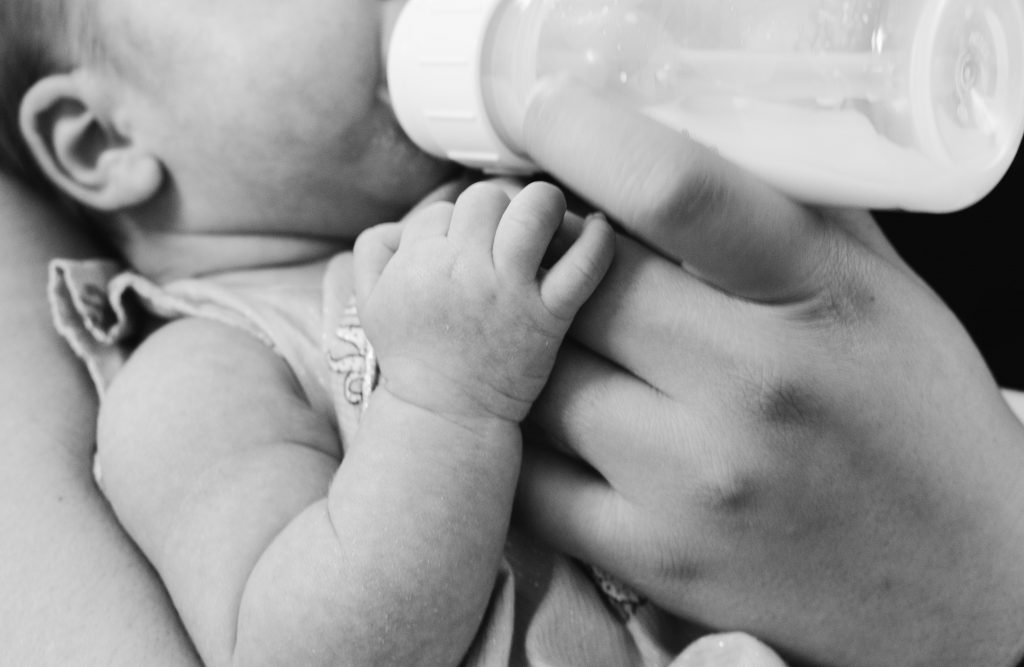There is something deeply hypocritical about the outpouring of condemnation for the West Australian couple who – we are told – abandoned one of the twins born to them by a Thai surrogate mother because he had Down Syndrome.
I say “told” because so much remains unclear – another new and disturbing layer may yet emerge in this story. But whatever the facts in this increasingly sordid tale, the outrage at the idea that the parents abandoned a baby because he had Down Syndrome and heartlessly headed for home with only the healthy twin left me perplexed.
In the early days of this story a News Limited columnist called the couple cruel, mercenary and heartless, not only for the effect on baby Gammy but because they “potentially destroyed … the dreams of who knows how many would-be parents” seeking to use surrogate mothers.

Equally perplexing was the defence of the couple by many on the grounds that they sought an abortion when they learned of the disability. I don’t see how that could justify the subsequent abandonment, knowing the suffering it would cause mother and infant.
I share the disquiet about so many tragic aspects and unanswered questions in this case. But I find the condemnation hypocritical in that abortion is routinely offered in Australia if there is any risk of abnormality, and I suspect that few of the critics would themselves hesitate to abort a baby with Down Syndrome.
In other words, they share the reluctance of the hapless parents to raise a child who has Down Syndrome and significant medical problems. Some people, who also resent the burden children with congenital disabilities put on the taxpayer, go further and think it is selfish ever to have a disabled child. Given their own lack of generosity, those who rush to condemn the parents are manifesting remarkable self-righteousness.
This couple find themselves at the end of a baby production treadmill at every stage of which most of their critics, and the thousands of Australians who add babies to their families by non-natural means, would have done nothing differently. Including, perhaps, the ultimate decision to abandon the baby whose “quality of life” would be inferior and whose presence they expected would reduce their own. What the critics condemn as cold-bloodedly selfish is merely an inevitable continuation of the decisions that preceded it.
It is hard to fathom the profound emotional power of the desire for children of many who are unable to bear their own. Furthermore, the moral and psychological complexities surrounding surrogacy make abnormalities even more complicated. Not for the first time, medical technology has advanced ahead of our social and moral capacities.
The result is that these parents are trapped in a situation far more difficult than they could have conceived. But keeping one infant and rejecting the other seems consistent with all the presuppositions underlying such a business arrangement in the first place.
Part of the problem is the detachment of the genetic parents from the birth parent. If the West Australian mother had carried the twins herself and pushed the warm bundle that is Gammy into the world, the parents would very likely have done what most of us do – loved him spontaneously, scooped him up and taken him home despite all their understandable trepidations.
Underlying this debate, with all its complexities, is a deeper issue about how we are to understand human life.
I’m uncomfortable with the exploitative practice of using surrogate mothers from poor countries, and wish it did not happen. So my point is not to defend the parents but to wonder why their reported behaviour sparked such vehemence in the first place.
Underlying this debate, with all its complexities, is a deeper issue about how we are to understand human life. As a Christian, I believe that all humans are made in the image of God, and therefore possess unconditional value and dignity. Yes, the disabled too.
This understanding, which is not held in all cultures, has been foundational in the development of Western civilisation, but it is slipping as Christian values slowly recede before the faux ethical system of utilitarianism. Now the measure that guides increasing numbers is the elastic notion of “quality of life” – and too many people are ready to declare who does not have enough of it, and does not qualify to live.
This case also reminds us that the sense of control over our lives that we cherish in the West as part of the 21st century values of autonomy and choice remains, as it always was, largely illusory.
Barney was the father of a child with Down Syndrome for 17 years. He is a Senior Fellow of the Centre for Public Christianity.


